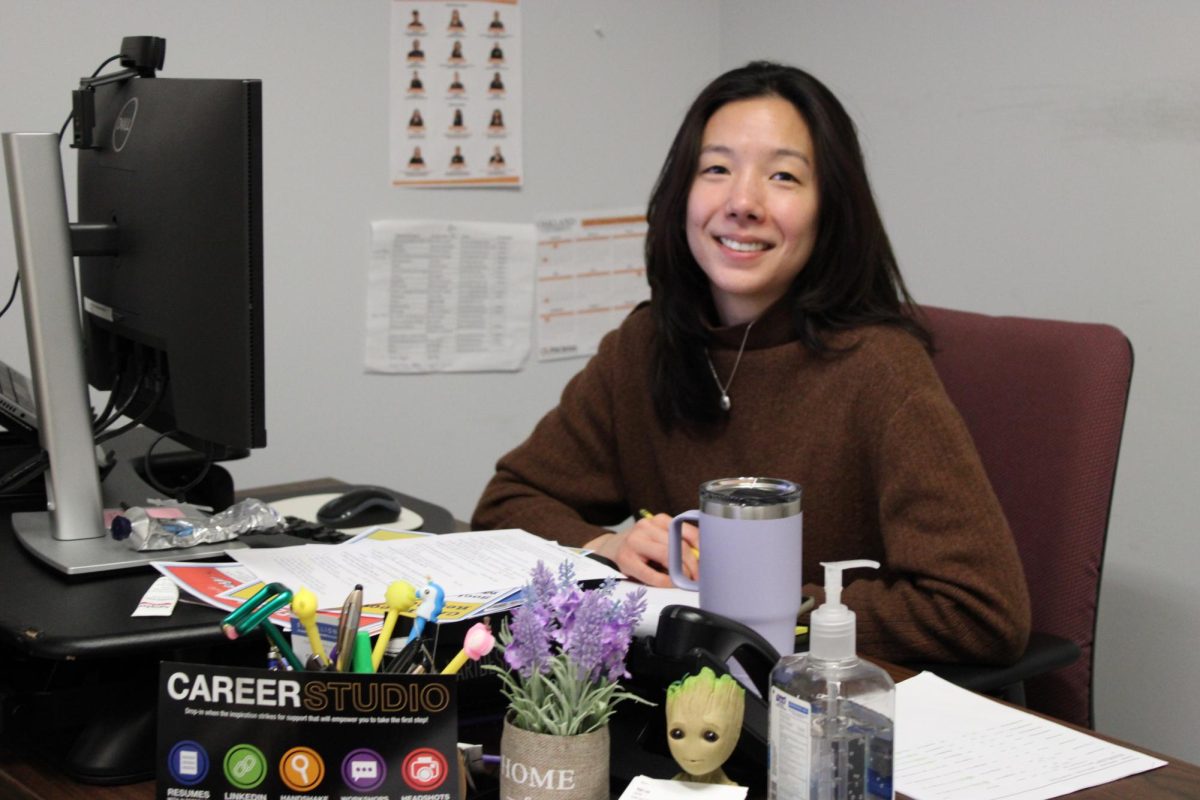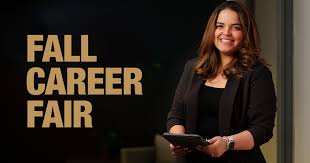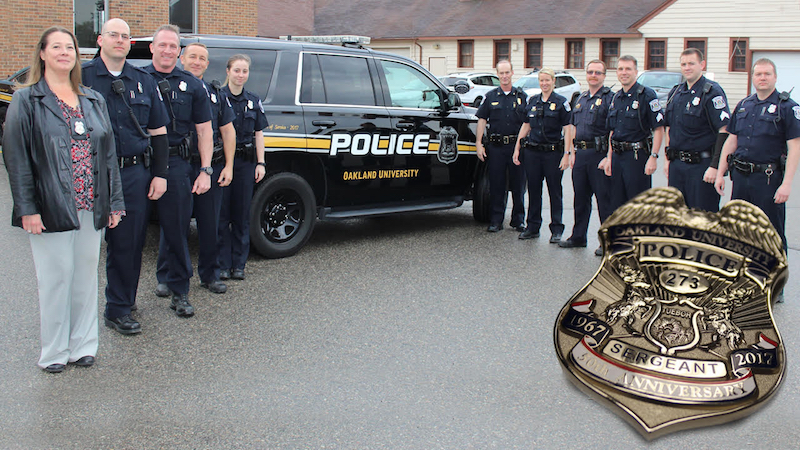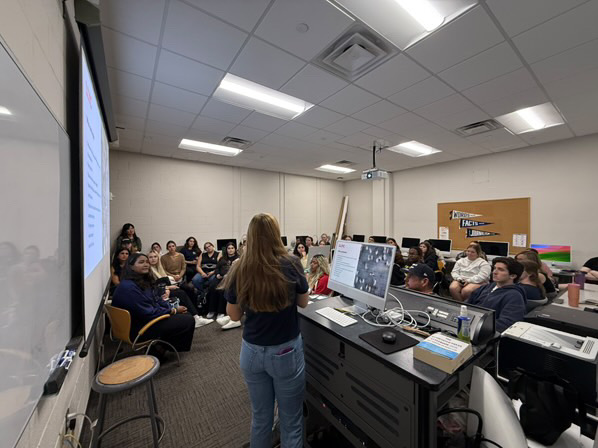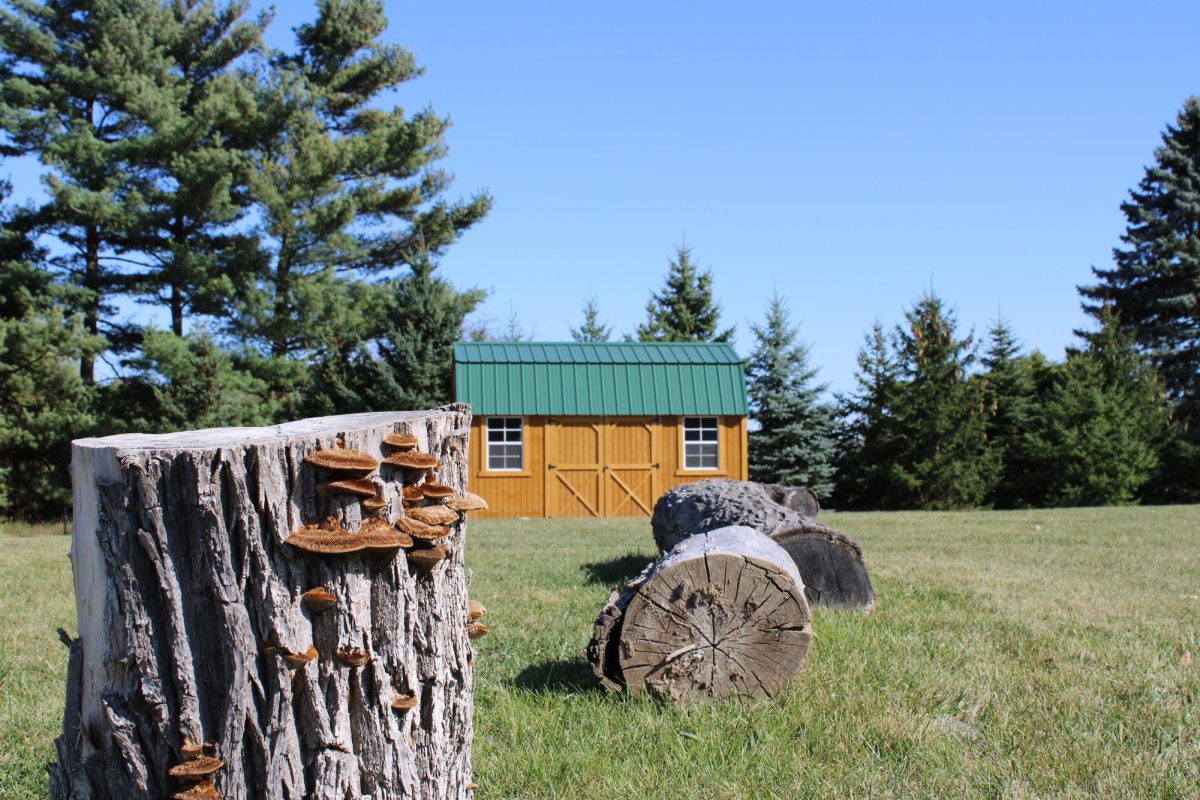As the Winter Career Fair approaches on Feb. 5, the Career and Life Design Center (CLDC) prepares staff and students to navigate the networking experience of the semester.
“It’s a team effort that requires attention to detail at every step,” Sarah Swarz, marketing and events coordinator for the CLDC, said. “From working closely with University Communications and Marketing to create engaging promotional materials to build out a marketing plan and connecting with employers.”
With an average of four months of preparation, the center also trains CLDC coaches and Career Ambassadors to guide students through interviews, networking and resume-building.
“January is a busy month for career fair preparation,” CLDC coach, Yejie Lee, said. “To further support students, the Career Ambassadors are hosting Late Night Studio Hours on Tues., Feb. 4 from 5 – 7 p.m. in addition to their standard hours of 10 a.m. – 5 p.m. All students are invited to drop-in for support and free pizza during late night hours that day.”
“Big Interview is an AI tool that we use to scan resumes that are then graded by the site’s rubric with feedback delivered instantly, including suggestions for improvement,” Lee said. “Then, a Career Ambassador will walk students through the feedback and help them make corrections in their own voice.”
As a way to keep up with the technology and automation that employers use nowadays, Lee explained that Big Interview also provides remote assistance to students in the form of mock interviews.
“A step we are taking for the Winter Career Fair is to further lean into the accessible tools that the Handshake app offers. This includes access to the list of participating employers, where their booth is located, what jobs and internships they are hiring and the school years and majors they are seeking,” Lee said. “We encourage all students to have the Handshake App downloaded to their phone so they can access in-the-moment information about the employers before the career fair and while they are there on Feb. 5.”
Beyond the screen, the CLDC has been working more closely with dozens of employers to help students prepare for career fairs. Once the fair rolls around, the center maintains communication with employers and students alike looking for feedback to improve attendance and hires as the years progress.
“By far, the most important data we gather after a career fair are the number of interviews and hires made by employers of students and alumni who attended,” Swarz said. “We also gather valuable feedback from both employers and students after the fair. This helps us continuously improve the experience and find new ways for employers to connect with the Oakland University community.”
Getting students to prepare and customize their experience by attending career fair prep events is still the most challenging part of the process but also the most gratifying, Lee explained.
“Really preparing individuals for the fair, and in these types of appointments, is the most exciting part,” Lee said. “Also getting to see them at an appointment and then I see them at the fair and you tell me later on how it went, that’s kind of that whole cycle that really makes me proud.”
All career fair prep events can be found on the Handshake website under the events tab.
In addition to students dropping into the Career Studio for help with their resumes and cover letters, Career Fair Prep appointments can be made with a student’s Career and Life Design Coach on Handshake under the appointments tab.



